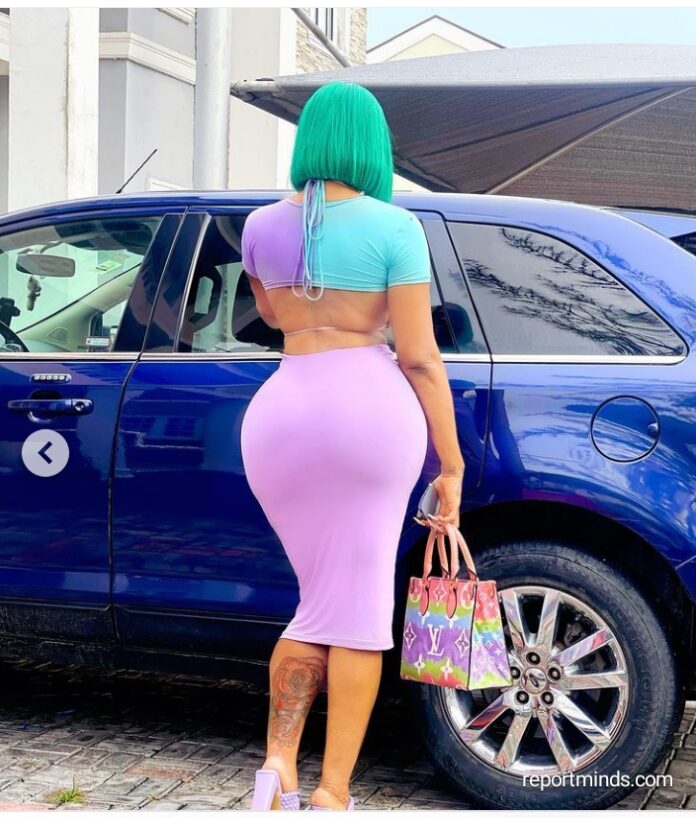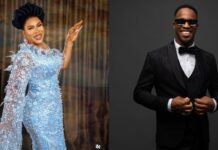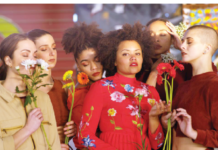In recent years, the vibrant outfits worn by Nollywood stars like Genevieve Nnaji and Richard Mofe-Damijo have sparked fashion trends across Nigeria and beyond. When the character “Akpos,” played by Ayo Makun, donned a distinctive Ankara jacket in a blockbuster movie, tailors nationwide received countless requests for similar designs. Such instances highlight Nollywood’s powerful role in shaping contemporary fashion trends.
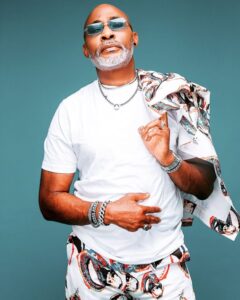
1) Celebrity influence
Nollywood celebrities wield significant influence over fashion trends, often turning on-screen looks into must-have styles. For instance, when actress Ireti Doyle appeared in a film wearing a striking Aso Ebi dress, her fans quickly sought to replicate the look of their events. Similarly, the bold fashion choices of Ebuka, known for his sharp suits and edgy streetwear, have inspired many young men to adopt similar styles. These celebrity-driven trends demonstrate how Nollywood stars set the tone for fashion, both on and off the screen.

2) Costume design
Costume design in Nollywood films plays a pivotal role in shaping fashion trends. Renowned designers like Yolanda Okereke have crafted iconic looks for movies that resonate with audiences. For example, the detailed beadwork and regal attire in “The Royal Hibiscus Hotel” set off a wave of interest in traditional Nigerian designs, blending them with modern aesthetics. The futuristic costumes in “The Wedding Party” series, created by award-winning designers, have also spurred a trend of elaborate wedding fashion, influencing bridal wear across the country. These examples highlight how the artistry of Nollywood’s costume designers translates into real-world fashion phenomena.
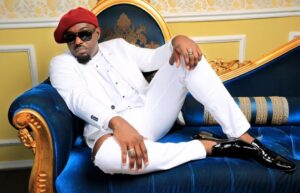
3) Cultural Representation
Nollywood films serve as a canvas for showcasing Nigeria’s rich cultural heritage through fashion. Movies like “Half of a Yellow Sun” vividly portray traditional Igbo attire, bringing global attention to the elegance of Nigerian fabrics and designs. Similarly, “Lionheart” features a variety of cultural outfits that reflect Nigeria’s diverse ethnic backgrounds, promoting a sense of pride and identity among viewers. By celebrating cultural attire in films, Nollywood not only preserves traditional fashion but also inspires new interpretations and blends with contemporary styles, influencing both local and international fashion landscapes.
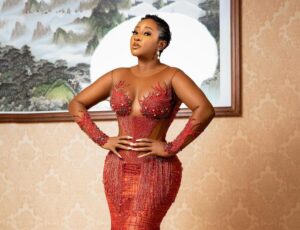
4) Media exposure
The widespread media exposure of Nollywood films amplifies their impact on fashion trends. Popular movies like “Chief Daddy” and “King of Boys” are streamed on global platforms such as Netflix, reaching vast audiences and showcasing Nigerian fashion to the world. Social media also plays a crucial role; when stars post behind-the-scenes shots or premiere outfits, these images rapidly circulate and inspire fashion enthusiasts. For instance, Adesua Etomi’s red carpet-appearances often go viral, with fans eagerly emulating her looks. This extensive media coverage ensures that Nollywood’s fashion influence extends far beyond the silver screen, permeating everyday style choices.
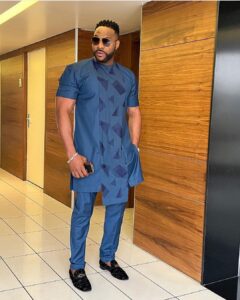
5) Fashion industry collaboration
Collaborations between Nollywood and the fashion industry have further cemented the film industry’s influence on style. Designers frequently partner with filmmakers to create memorable costumes, such as the collaboration between Mai Atafo and the “Wedding Party” series, which brought luxurious bridal fashion to the forefront. Fashion events like Lagos Fashion Week often feature Nollywood stars as models or ambassadors, blending cinematic glamour with haute couture. Additionally, brands like House of Deola have drawn inspiration from Nollywood films, creating collections that reflect the vibrant aesthetics seen on screen. These partnerships highlight a dynamic exchange where fashion and film continuously inspire and elevate each other.
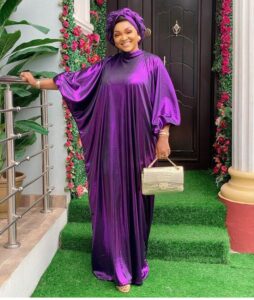
In conclusion, Nollywood’s influence on fashion trends transcends mere entertainment; it’s a cultural force that shapes style, identity, and expression. From the red carpets to everyday wear, the impact of Nollywood stars, costume designers, and collaborative efforts with the fashion industry is undeniable.As the Nigerian film industry thrives, its ability to inspire and innovate will also grow, ensuring that the world stays captivated by the distinct and always-changing landscape of Nigerian fashion.

